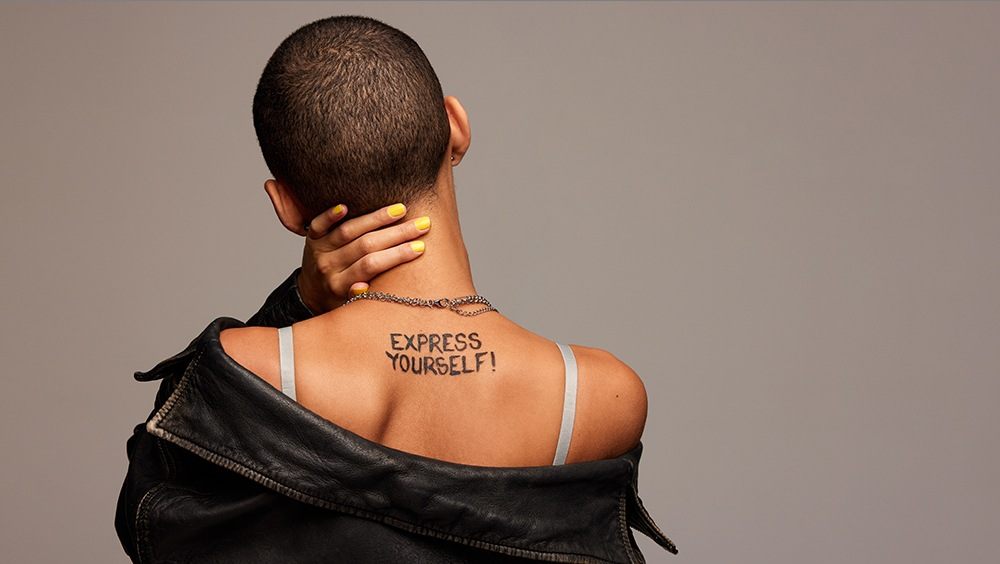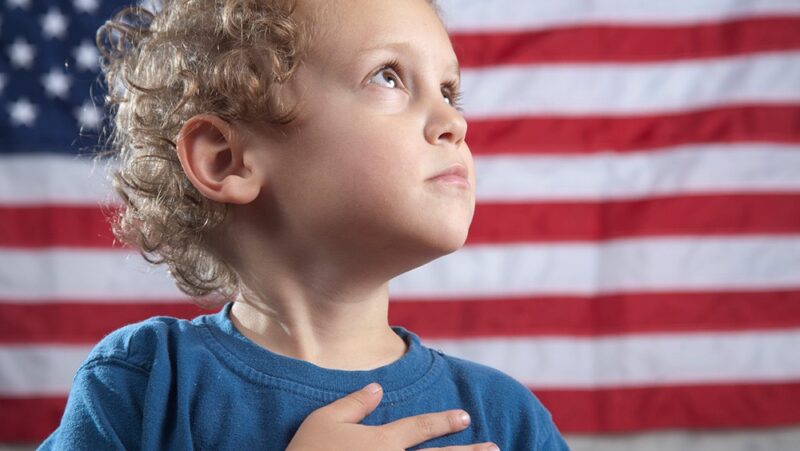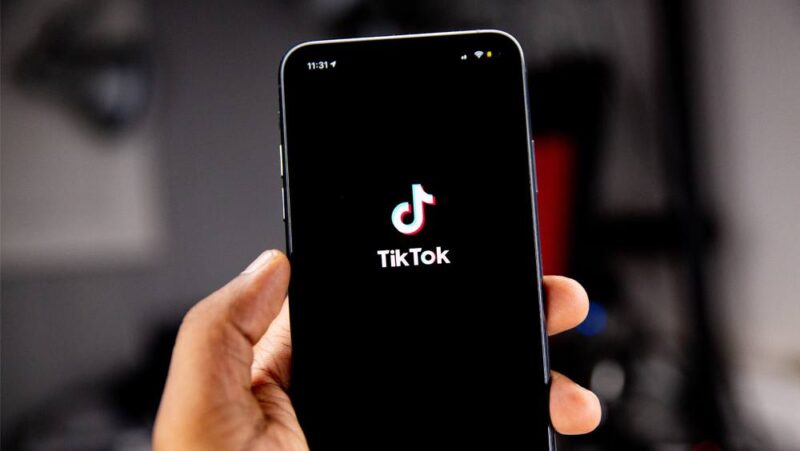What Is Free Expression?

From music by Madonna, NWA and Lady Gaga to clothing store ads to Sesame Street, U.S. culture is full of reminders to “express yourself.”
Free expression is not only ingrained in American culture, it is also enshrined in law through the First Amendment.
But what is free expression exactly, and what are its protections and limits under the First Amendment?
What is free expression?
Broadly speaking, free expression is the right to communicate ideas, beliefs and feelings.
International law defines freedom of expression in the United Nations’ 1948 Universal Declaration of Human Rights. Article 19 of the declaration says:
“Everyone has the right to freedom of opinion and expression; this right includes freedom to hold opinions without interference and to seek, receive and impart information and ideas through any media and regardless of frontiers.”
Sociologists say it is important for societies made up of people with diverse views, beliefs and backgrounds to have free expression so that people can communicate and reach consensus about how society should work.
Similarly, political theorists often consider free expression to be a key component of democracy. The importance of protecting the ability to publicly communicate opinions and ideas, both under the law and through social norms and values, predates the First Amendment in the United States. For example, the French Declaration of Rights of Man and of the Citizen from 1789 noted “unrestrained communication of thoughts and opinions [as] one of the most precious rights of man.”
WATCH: What is free expression?
How does free expression relate to the First Amendment?
The First Amendment protects free expression from limits and censorship by the U.S. federal, state and local governments.
The First Amendment does not use the specific phrase “free expression.” But it does list five freedoms whose expression is protected. It specifically protects from government limits the expression of views and beliefs through religion, speech, press, assembly and petition.
The First Amendment creates a legal barrier between people’s free expression and the government, ensuring that the government stays out of people’s free expression as much as possible.
In what ways does the First Amendment protect free expression related to each of its five freedoms?
Free expression is commonly used synonymously with free speech. But each of the First Amendment’s five freedoms, including but not limited to speech, protects a type of free expression from government interference.
Freedom of religion protects the free expression of religious beliefs and practices.
Freedom of speech protects the free expression of opinions, perspectives, thoughts and ideas through many forms including words, art, music, dance, clothing and symbolic actions like kneeling or raising a fist.
The Supreme Court has specifically stated that expressive actions are protected as free speech when there is a clear intent to communicate a message that is likely to be understood by the audience. For example, it has protected:
- The right to communicate “through the use of symbols” such as by adding a peace symbol to an American flag (Spence v. Washington, 1974).
- The right to decline to stand for the Pledge of Allegiance (West Virginia State Board of Education v. Barnette, 1943).
- The right to burn the American flag (Texas v. Johnson, 1989).
Freedom of press protects the free expression of news, facts, opinions, information and perspectives by publishing them, as well as gathering information to express to the public on matters of concern to the community.
Freedom of assembly protects the free expression of ideas and views through gatherings and organizing to raise awareness or advocate for a perspective.
Freedom of petition protects the free expression of grievances about how the government is or is not managing an issue of concern and the free expression to government officials of ideas or proposals.
What are limits on ways the First Amendment protects free expression?
Free expression can sometimes be legally limited by the government if the government has a very strong reason for doing so and if the law or regulation in question achieves that goal but allows all other expression to continue.
For example, true threats may be expression, but they are not protected from government punishment. Inciting violent protests is not protected. A “true threat” has been narrowly defined as only when the speaker knew or should have known the subject of the speech would feel threatened, allowing other speech such as joking threats, parody and satire, and even strong language. Similarly, speakers can be punished only if they knowingly incite immediate violence, not simply because their words are so effective that a crowd passionately reacts in a way the speaker never intended.
The First Amendment protects free expression only from government interference, not from a private party. For example, a newspaper that is privately owned may choose not to publish someone’s editorial. A social media company may remove a post that violates the platform’s terms of service.
People may respond to the free expression of others by ignoring it or by countering it with their own expression.
Private people and organizations can impact free expression, but their actions do not raise First Amendment issues.
Are there other laws or norms that enable free expression?
In the United States, the First Amendment prevents the government from limiting free expression (with specific exceptions), but it doesn’t obligate the government to take any action to promote free expression. The First Amendment also limits only government action, not that of private people, companies or organizations.
In some cases, state and federal laws provide even more support and protection for free expression than the First Amendment does.
Each state has a “right to adopt in its own constitution individual liberties more expansive than those conferred by the Federal Constitution,” according to the U.S. Supreme Court in PruneYard Shopping Center v. Robins (1980).
Some state constitutions hold private actors to free expression protections, including California, Oregon and New Jersey, where malls and schools (public and private) must protect or enable some free expression.
In California, for example, the state constitution has been held to protect a right to seek signatures for a petition in a private shopping center, something the First Amendment would not necessarily protect since limits on petition-gathering set by a private property owner aren’t subject to the First Amendment.
RELATED: Is money speech?
Postal regulations enacted in the 1800s protect the right for newspapers to use the mail for distribution and for mail to be private, proactively supporting the flow of information and expression via mail.
And worker protection laws dating to the 1830s prohibit workers in many states from being fired for their expression such as for how they vote, what they read at home, and whether they wish to organize with other workers. Connecticut law grants First Amendment protections to employees in private workplaces. The National Labor Relations Act also protects employee speech in more limited situations (when the employee is speaking to improve workplace conditions for all).
This report is compiled based on previously published Freedom Forum content and with the input of Freedom Forum experts. The editor is Karen Hansen. Email.
Pledge of Allegiance in Schools: Do Students Have to Stand?
Why Montana’s TikTok Ban Is Unconstitutional
Related Content
$30,000 Giving Challenge
Support the Freedom Forum’s First Amendment mission by Dec 31st and double your impact.

